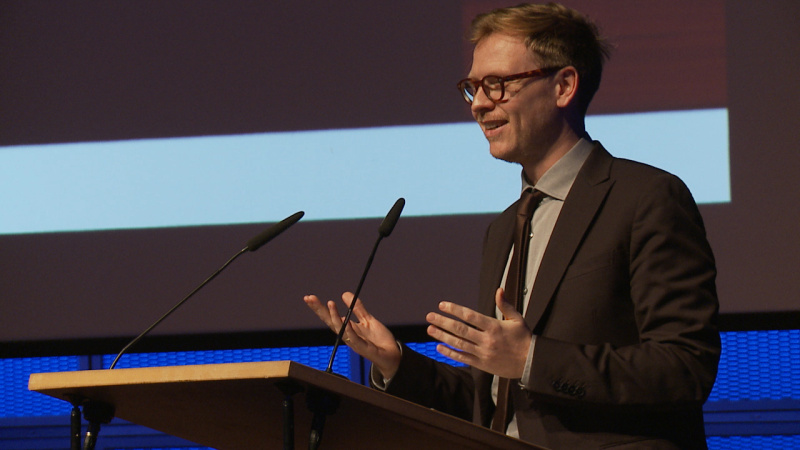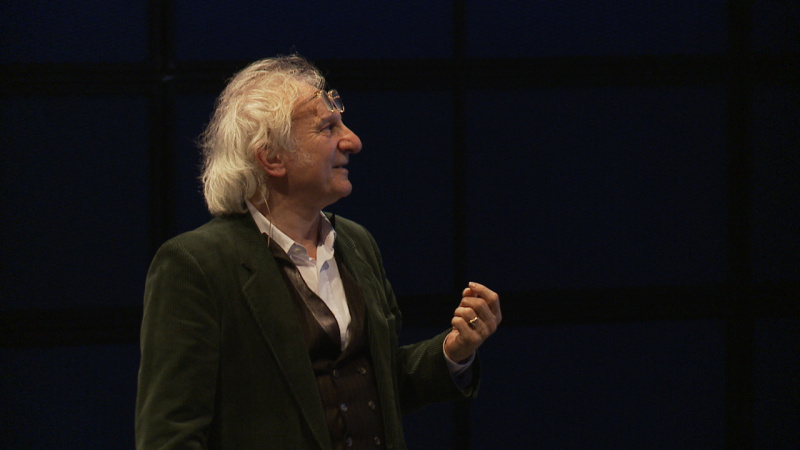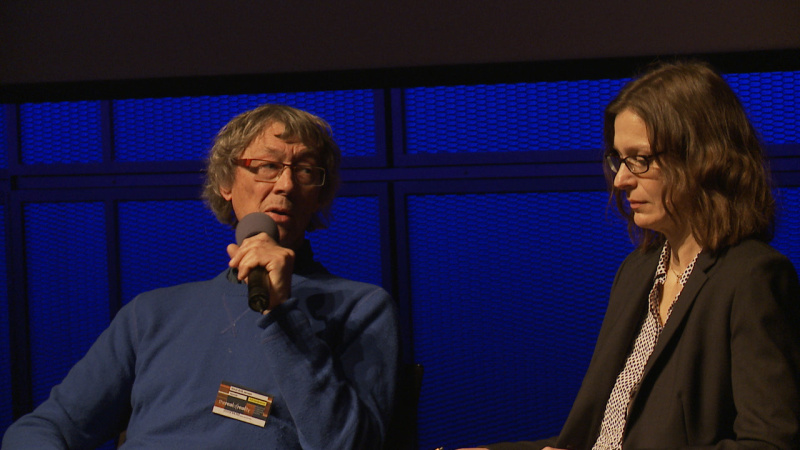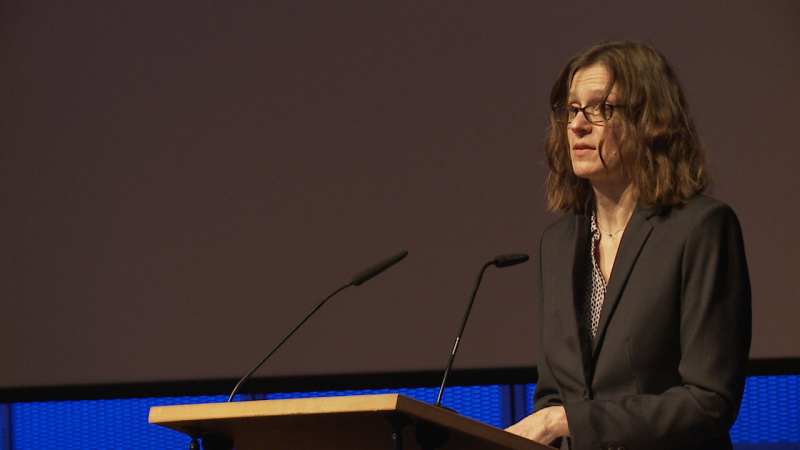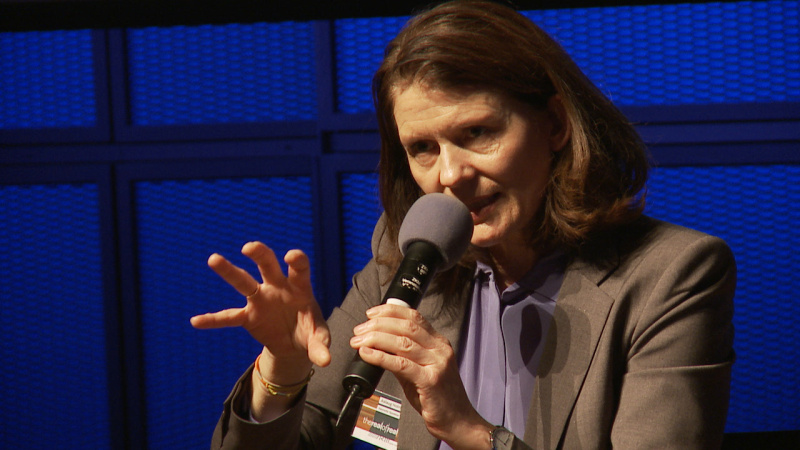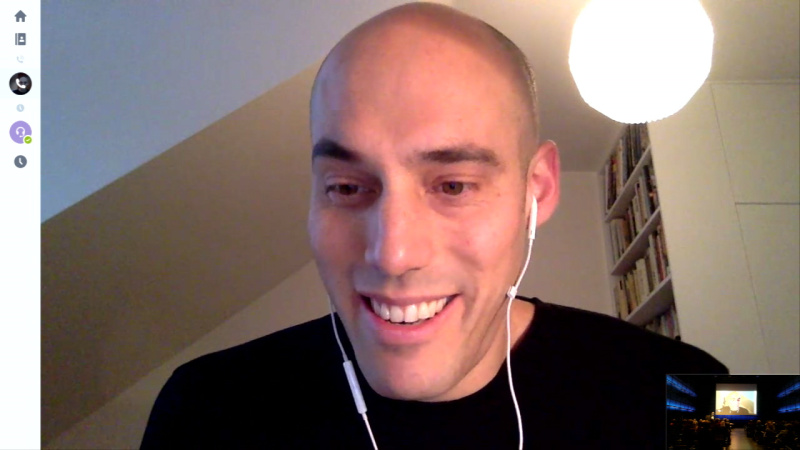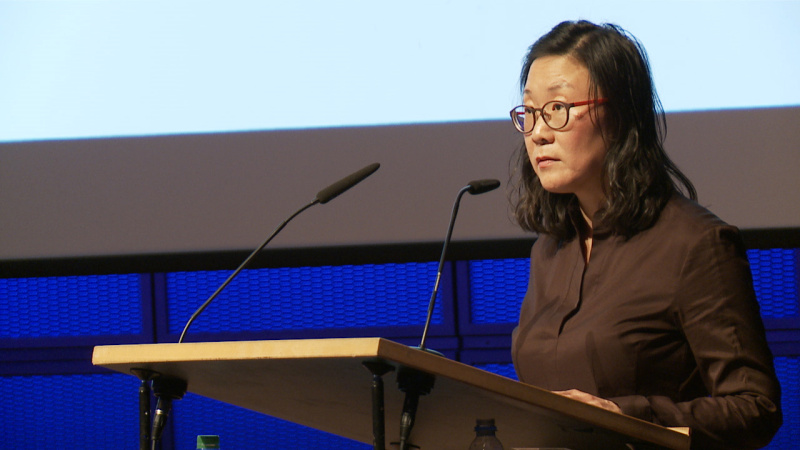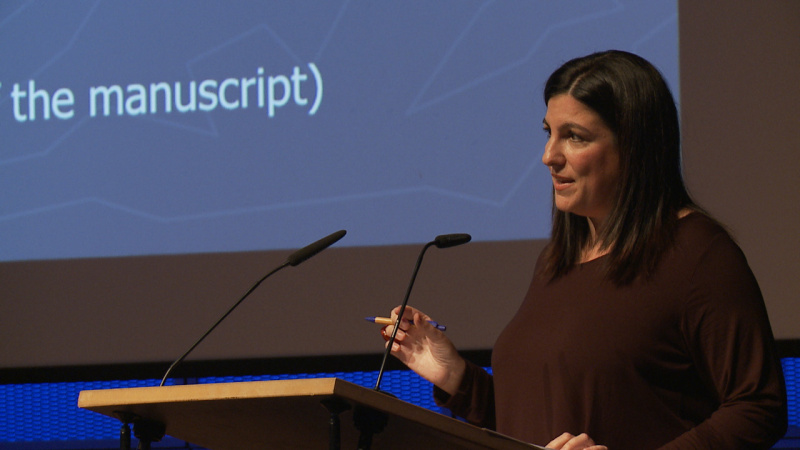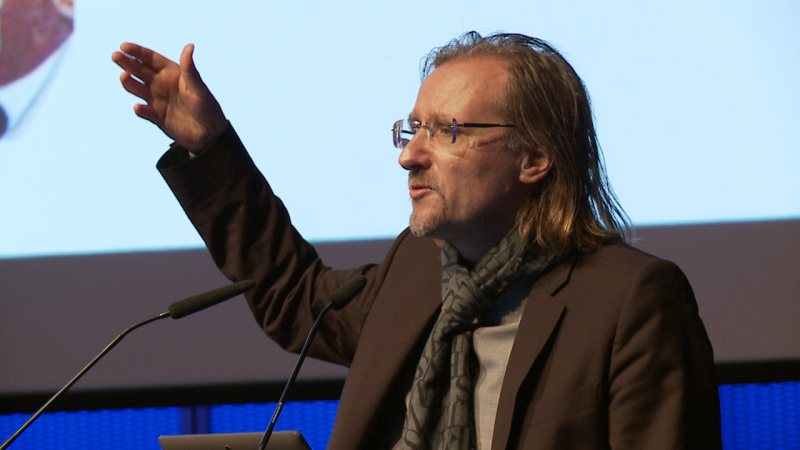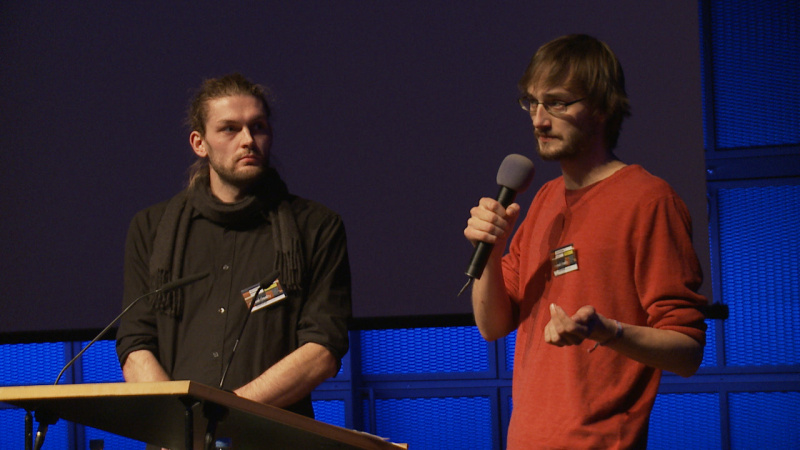The Real of Reality: Thomas Wartenberg
»Can Documentaries Realize Philosophy? The Act of Killing and the Banality of Evil«
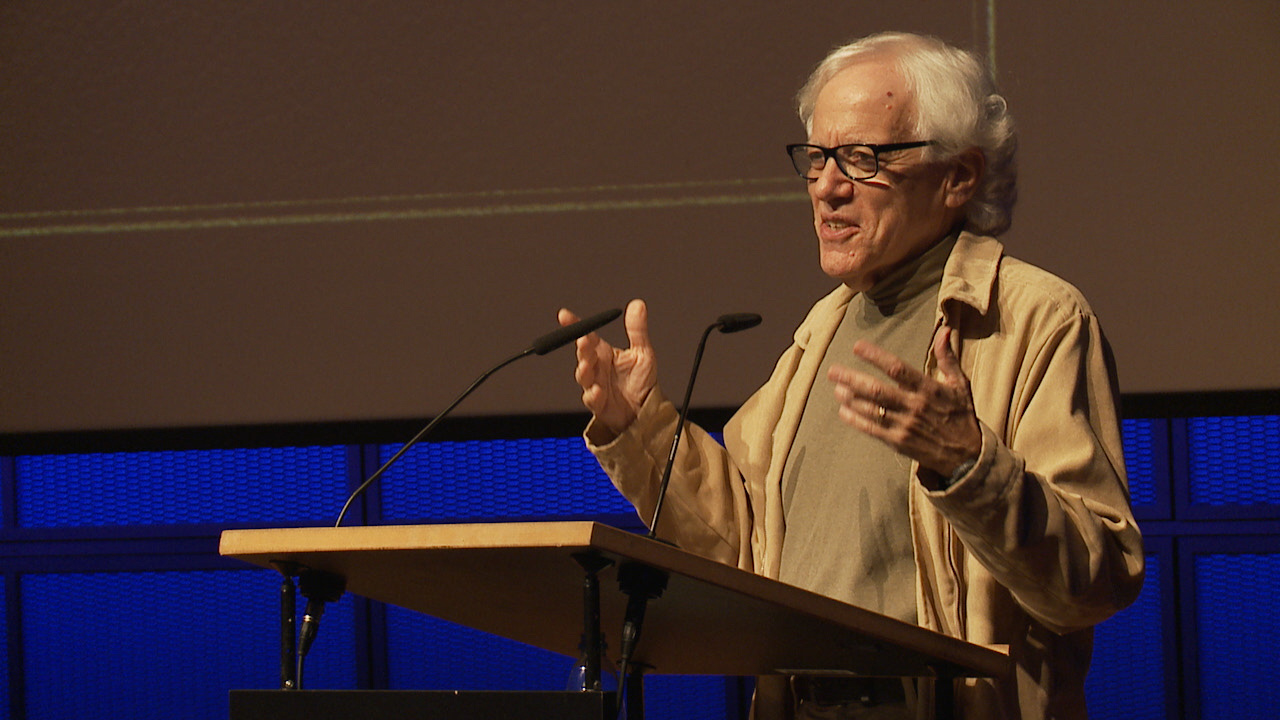
- Date
- -
- Duration
- 1:15:41
Description
The debate about whether films can do philosophy has focused predominantly on narrative fiction films. In this talk, I consider documentary as a film genre whose philosophical significance has been underappreciated. I argue that documentary films are capable of doing philosophy albeit in a distinctive manner.
In making my case, I invoke the thesis I put forward in Thinking On Screen (2007) that films can do philosophy by addressing a philosophical problem that is also discussed by philosophers. My example of a film that does this is The Third Man (Reed, 1947) which, I argue, illustrates and supplements claims made by Aristotle in regard to the issue of how to dissolve a friendship ethically. To adapt this account to documentary films, I consider The Act of Killing (Oppenheimer, 2012). I argue that the film addresses the issue of how people can perform evil actions, an issue theorized by Hannah Arendt in Eichmann in Jerusalem (1964) through the concept of the banality of evil.
The distinctive feature of a documentary film’s philosophical contribution is that, whereas a fiction film usually does philosophy by means of a thought experiment, a documentary can support a thesis by means of providing actual evidence to support it. In so doing, documentaries rely on film’s distinctive manner of presenting reality on screen, a feature of film emphasized by André Bazin and others.
Video Documentary:
ZKM | Institute for Visual Media
Camera: Christina Zartmann
Editing: Frenz Jordt
Live Editing: Moritz Büchner

